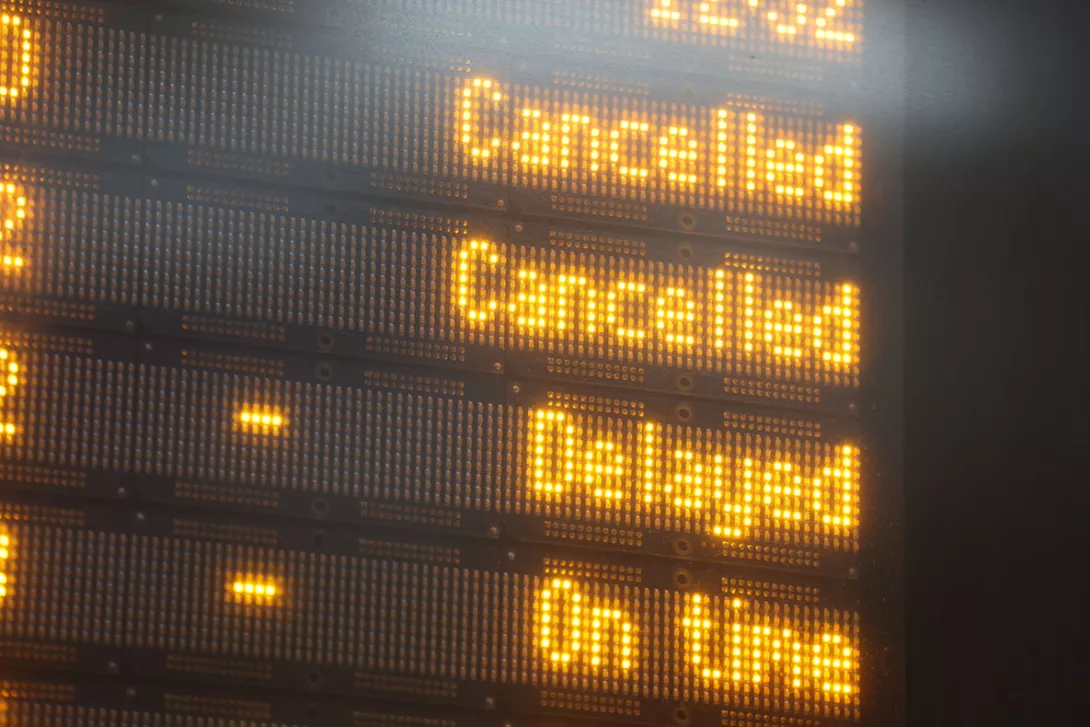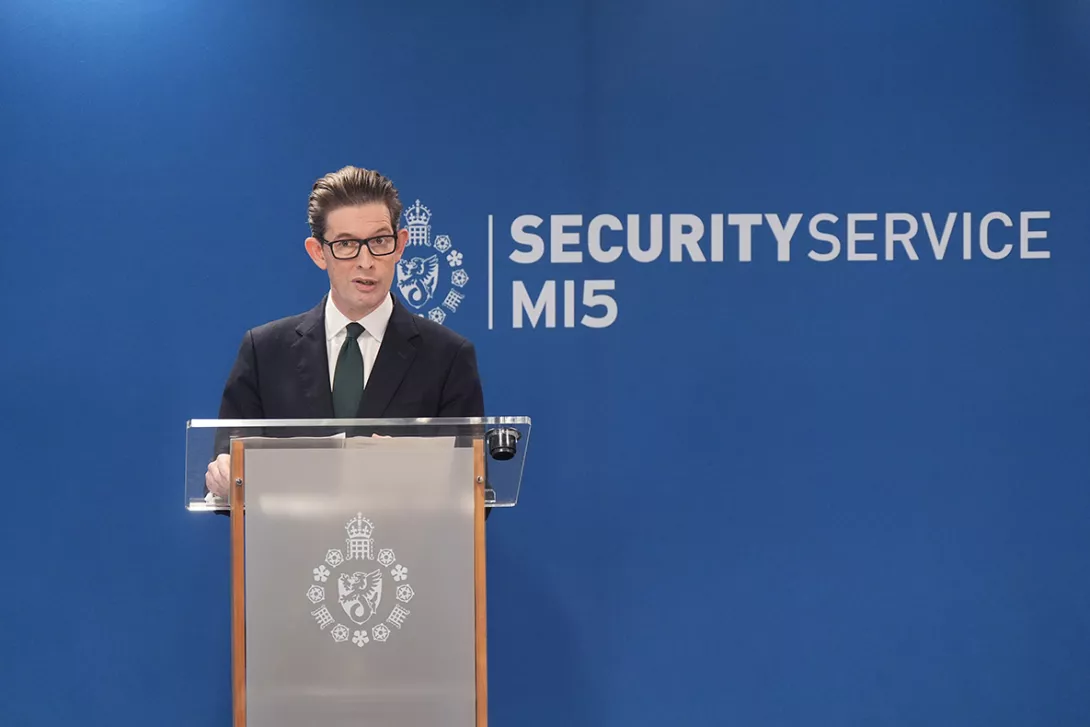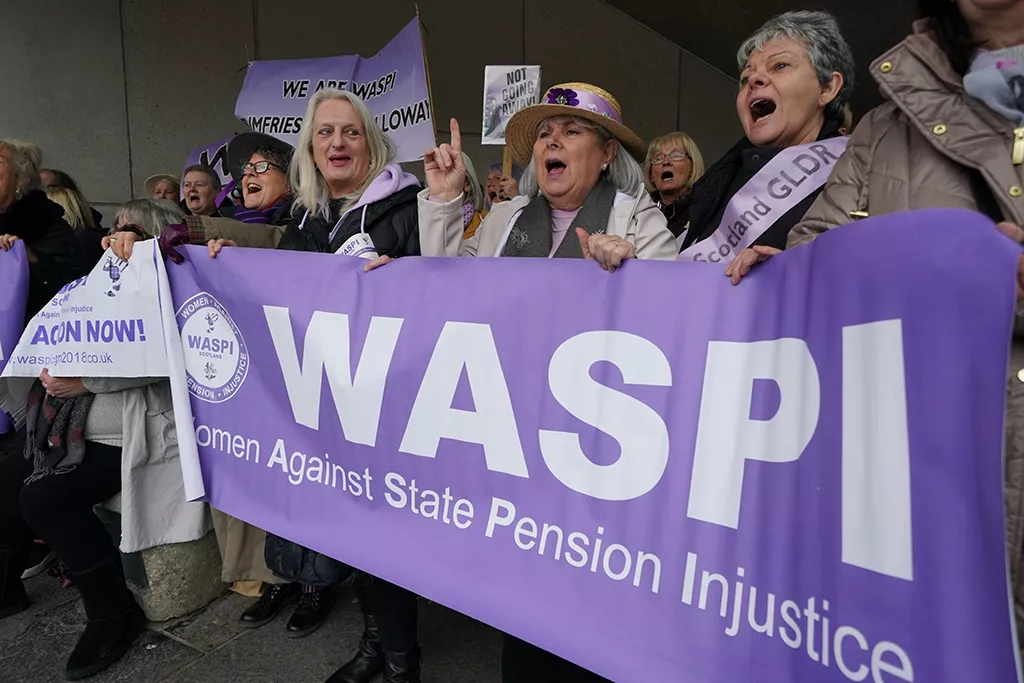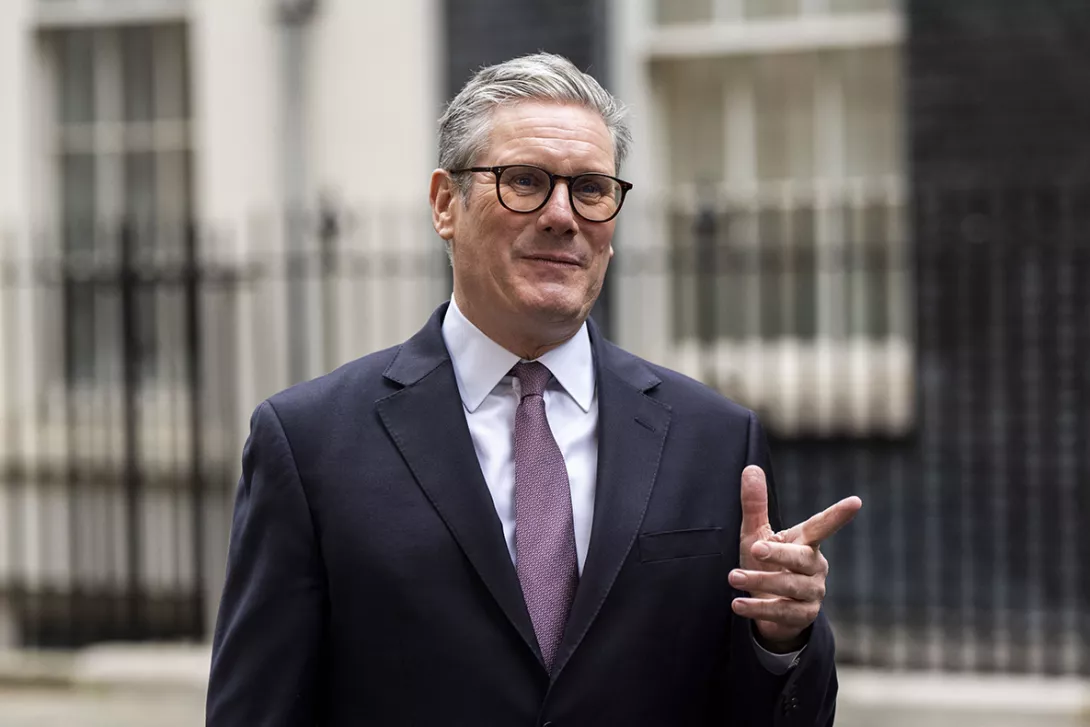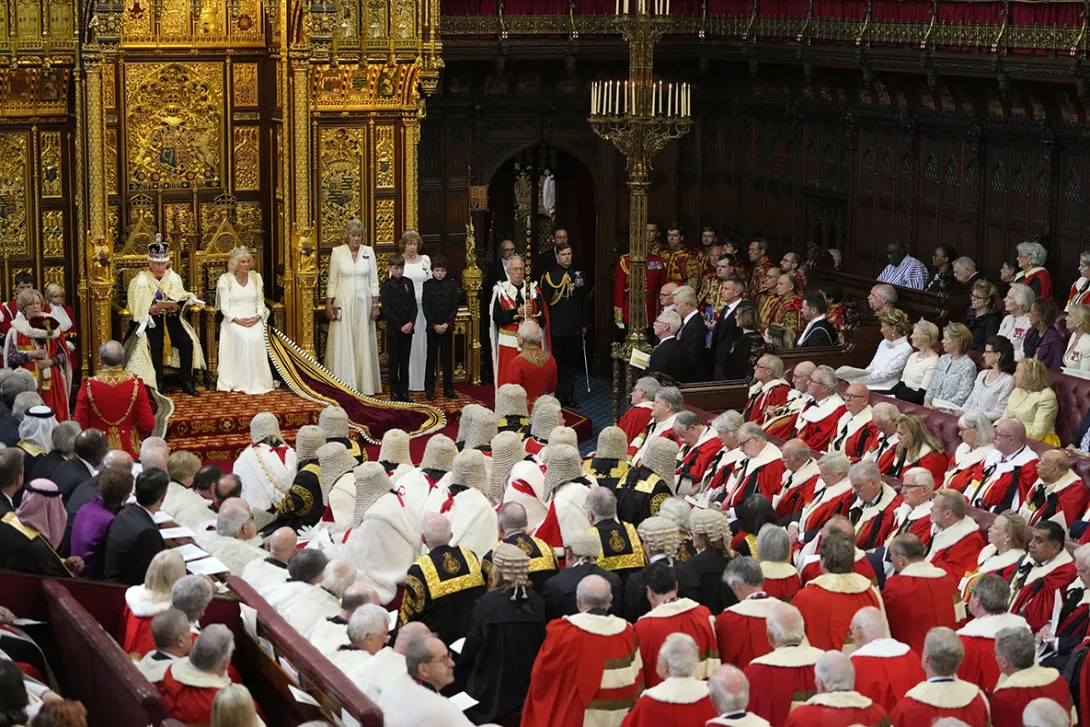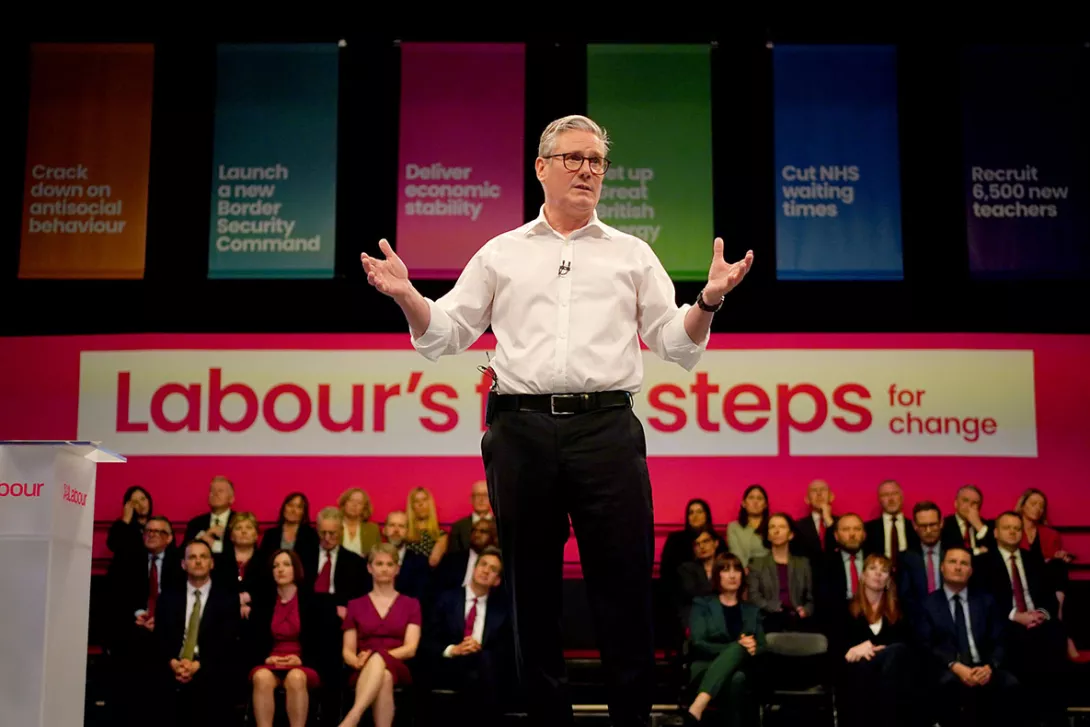Labour urged to scale up its ambition to change crisis-wracked Britain
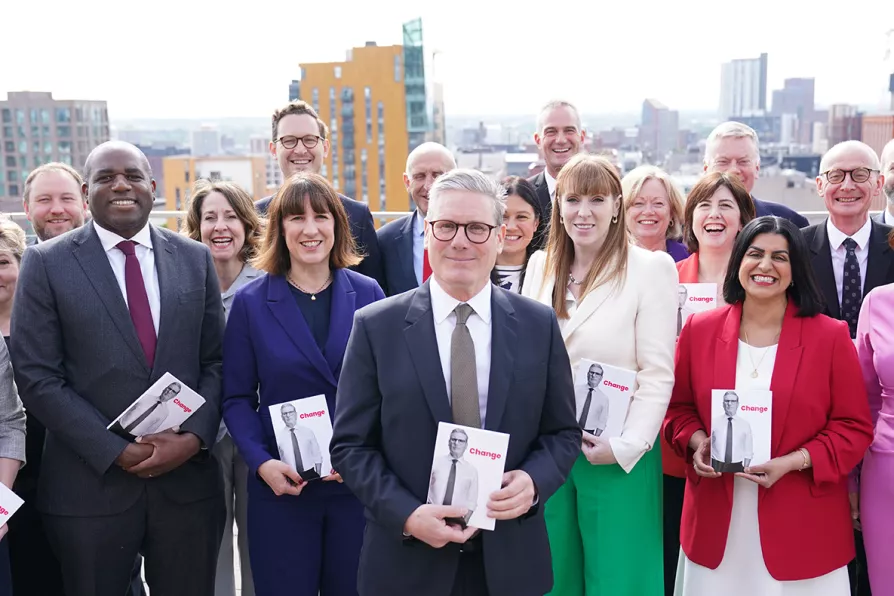
MODEST measures for cautious change were unveiled as Labour’s election offer to crisis-wracked Britain today.
More from this author
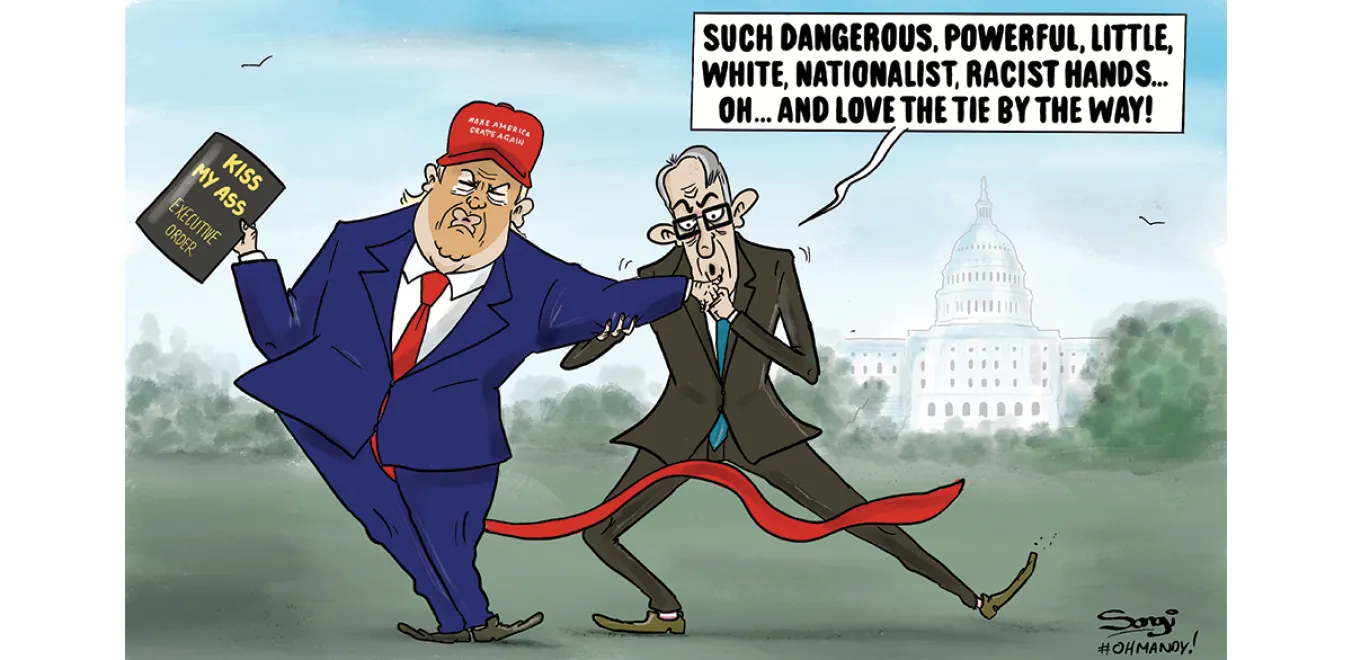
ANDREW MURRAY surveys a quaking continent whose leaders have no idea how to respond to an openly contemptuous United States

Hundreds protest outside Westminster Magistrates’ Court as Stop the War Coalition and Palestine Solidarity Campaign activists attend court
Similar stories

But the National Education Union warns the party's proposals contain no mention of reversing education cuts


